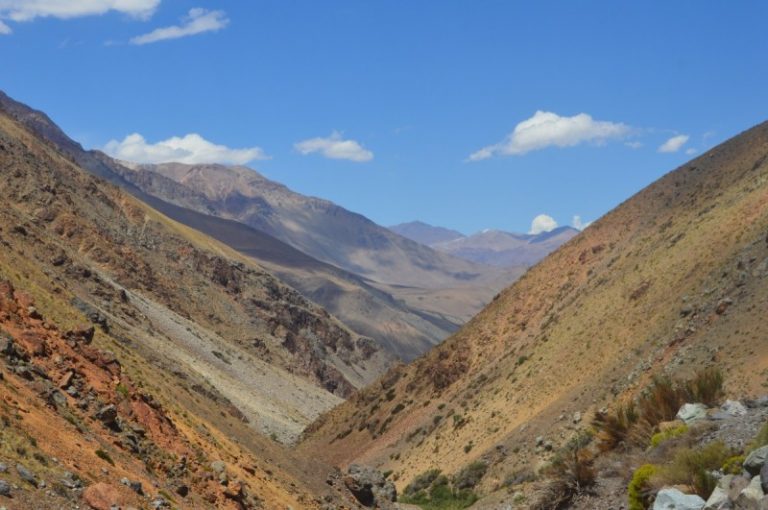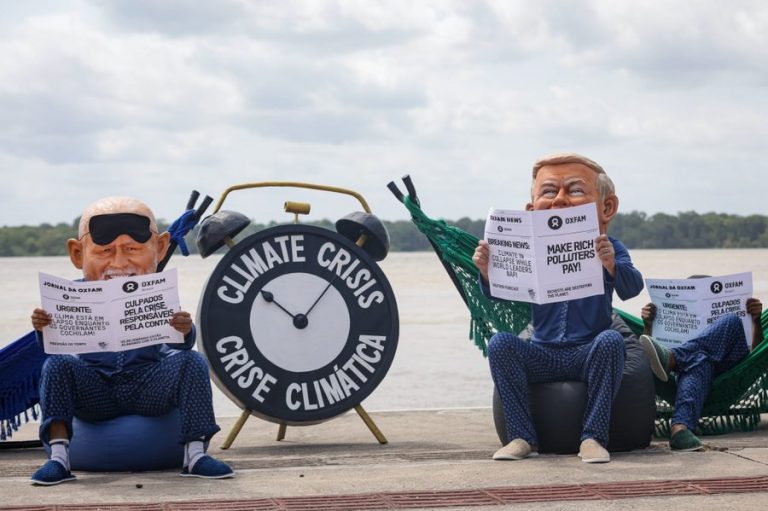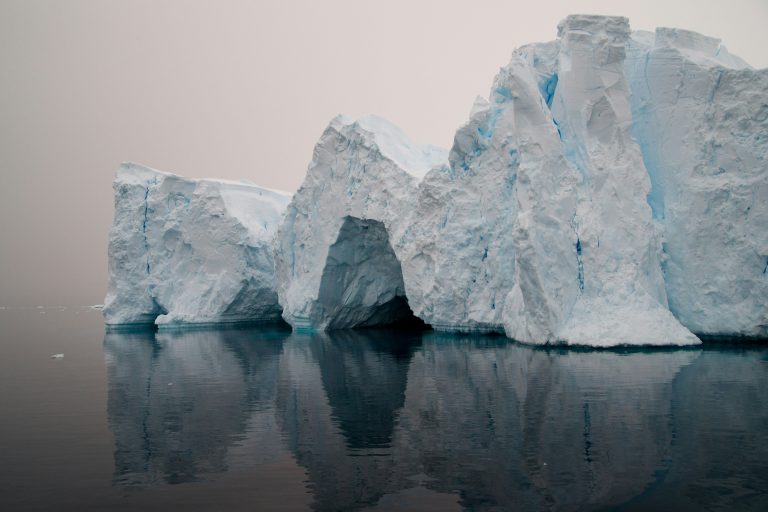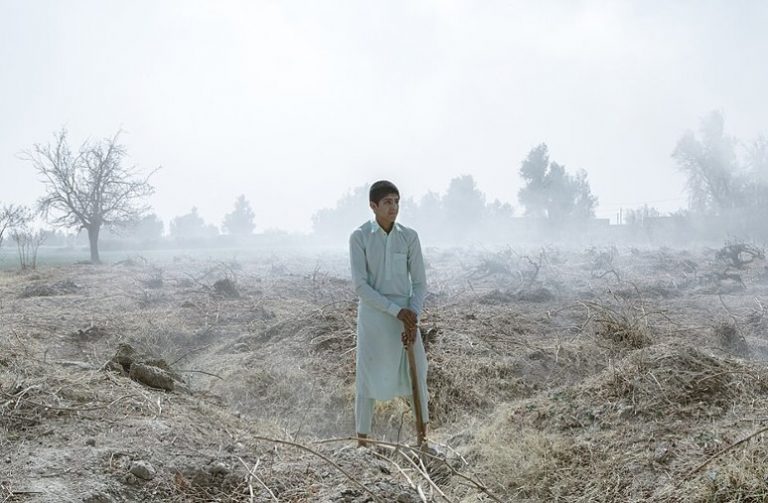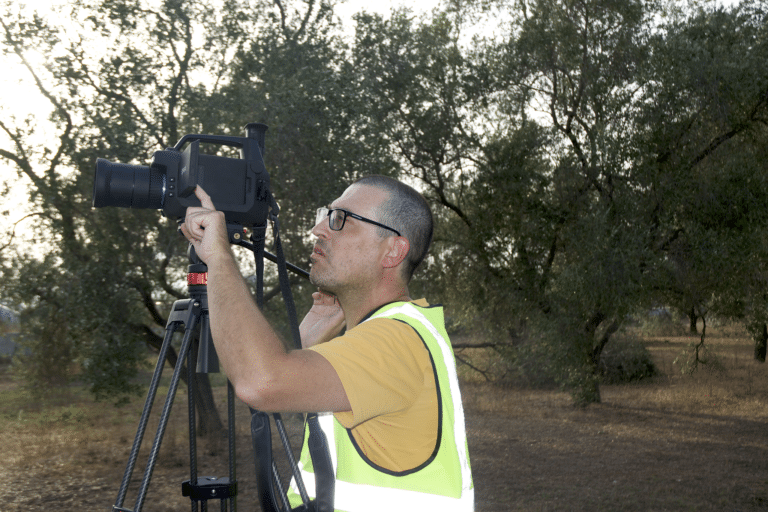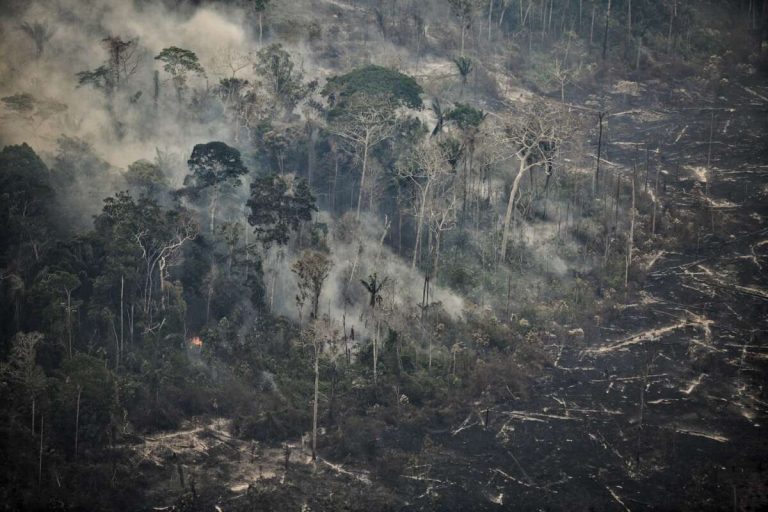Climate Change Accelerates California’s Cost-Of-Living Crisis
When California adopted a law to regulate greenhouse gases 23 years ago — the first state in the nation to do so — it focused on the future dangers of global warming. But while California’s emissions have declined, they have kept rising globally, and the climate has worsened. Now, in an effort to build back momentum, advocates are bringing attention to current-day harms driven by climate change.
Among those affected by rising temperatures is Amanda Nevarez, who was left homeless by the Eaton Fire, one of two wildfires in Los Angeles County that together destroyed more than 16,000 homes and buildings and killed 31 people last January.





